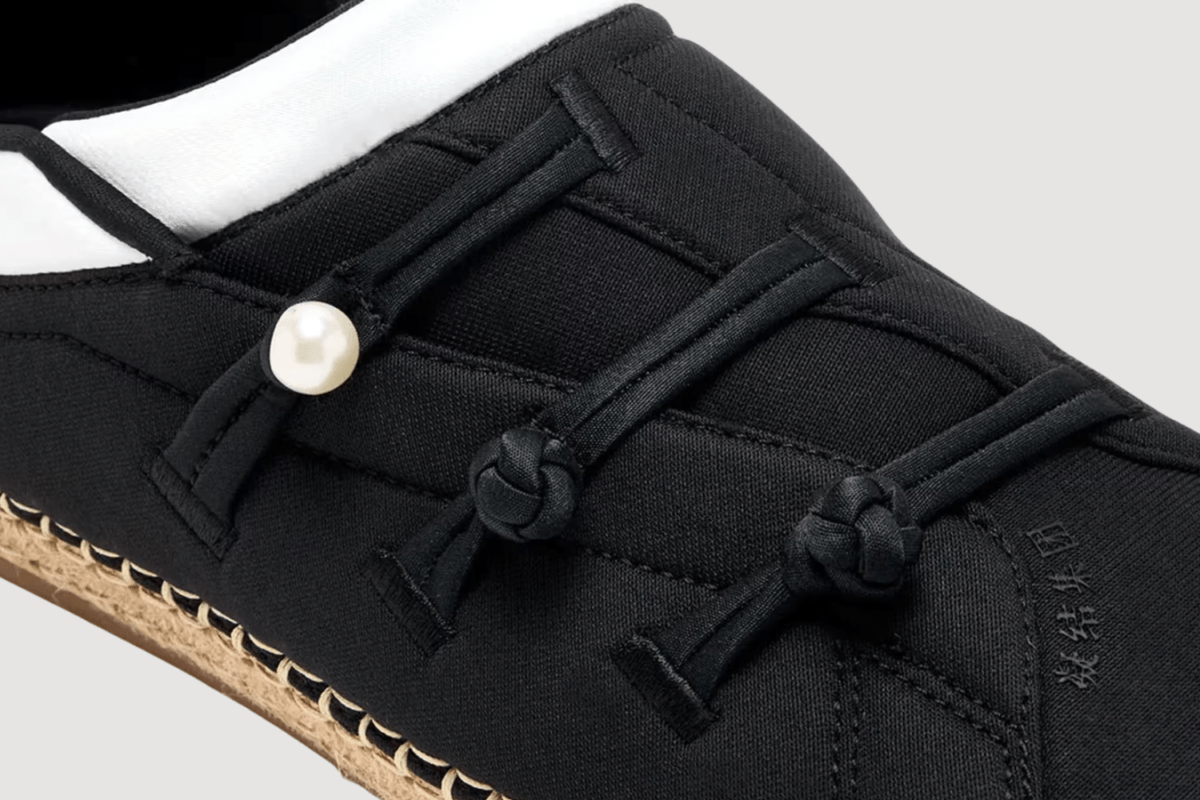Sneaker Blog
Volg ons sneakerblog voor al het laatste sneakernieuws over aankomende sneakers en sneaker collabs! We houden je op de hoogte van de meest gehypte sneaker releases met onze Where to Cop guides, geïnspireerd met onze sneaker style guides, en geïnformeerd met onze sneaker editorials. Onze sneaker shopping gidsen bevatten de must-see winkels in steden als Parijs, Londen en Tokio waardoor het de ultieme bron is voor sneakerhead toerisme. Vergeet ons niet te volgen op Instagram, Facebook en Twitter voor de meest verse sneakercontent, of breng het allemaal naar het puntje van je vinger op de Sneakerjagers App!





